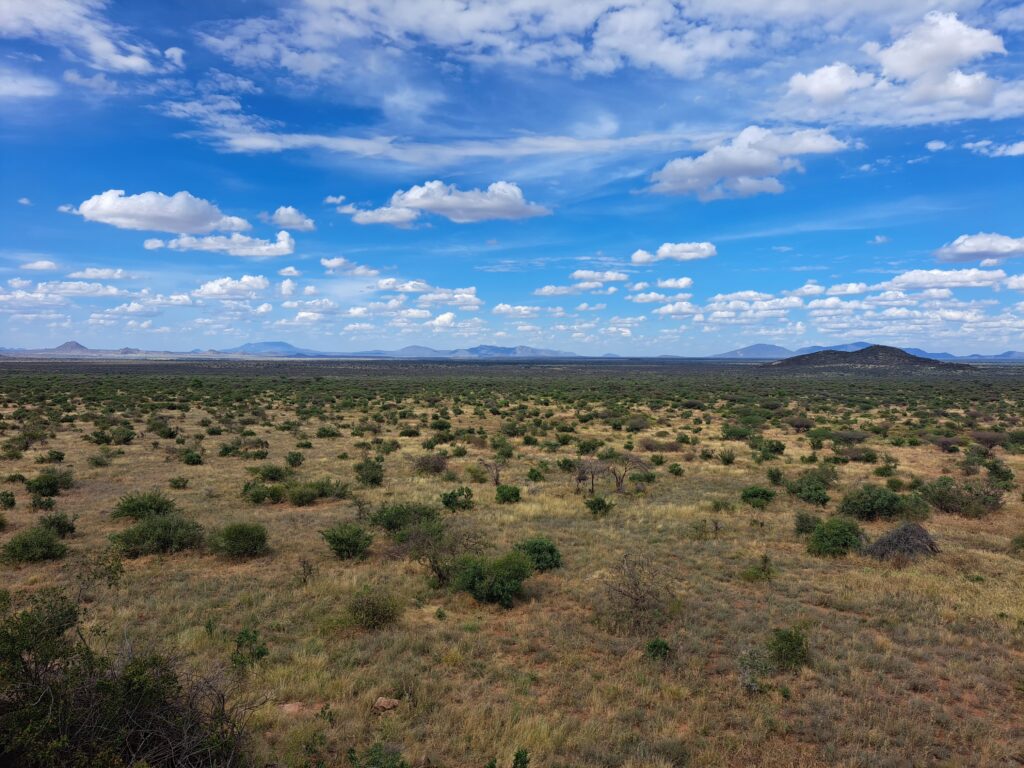Water Resources management
Water Resources management
At Nasuulu Conservancy, we embrace a holistic approach to conservation, recognizing the vital role of healthy rangelands in supporting both wildlife and communities. Our rangeland management practices ensure a thriving ecosystem for generations to come.
Rangelands are vast, semi-arid ecosystems characterized by grasslands, shrublands, and woodlands. These lands are crucial for grazing animals and the communities who depend on them. However, climate change, overgrazing, and unsustainable land use practices threaten the delicate balance of these ecosystems.

Nasuulu’s Commitment to Sustainable Management:
Nasuulu Conservancy implements a range of practices to ensure the health of our rangelands:
- Rotational Grazing: We strategically rotate livestock herds among designated grazing areas, allowing for the natural regeneration of vegetation.
- Improved Grazing Practices: We educate communities on sustainable grazing techniques that minimize land degradation.
- Water Management: By developing and maintaining water points throughout the conservancy, we ensure livestock are evenly distributed, preventing overgrazing in specific areas.
- Habitat Restoration: We implement projects to rehabilitate degraded areas, promoting the growth of native grasses, shrubs, and trees.
Benefits of Sustainable Rangelands:
These practices have a ripple effect of positive outcomes:
- Enhanced Biodiversity: Healthy rangelands support a diverse range of wildlife species, including the critically endangered Eastern Black Rhinoceros, Grevy’s Zebra, Reticulated Giraffe, and Beisa Oryx.
- Improved Land Productivity: Sustainable management practices lead to healthier rangelands with increased capacity to support livestock grazing.
- Climate Change Mitigation: Healthy rangelands act as natural carbon sinks, absorbing and storing carbon dioxide from the atmosphere.
- Community Resilience: By ensuring the long-term health of rangelands, we contribute to the well-being and prosperity of local communities who depend on them.
